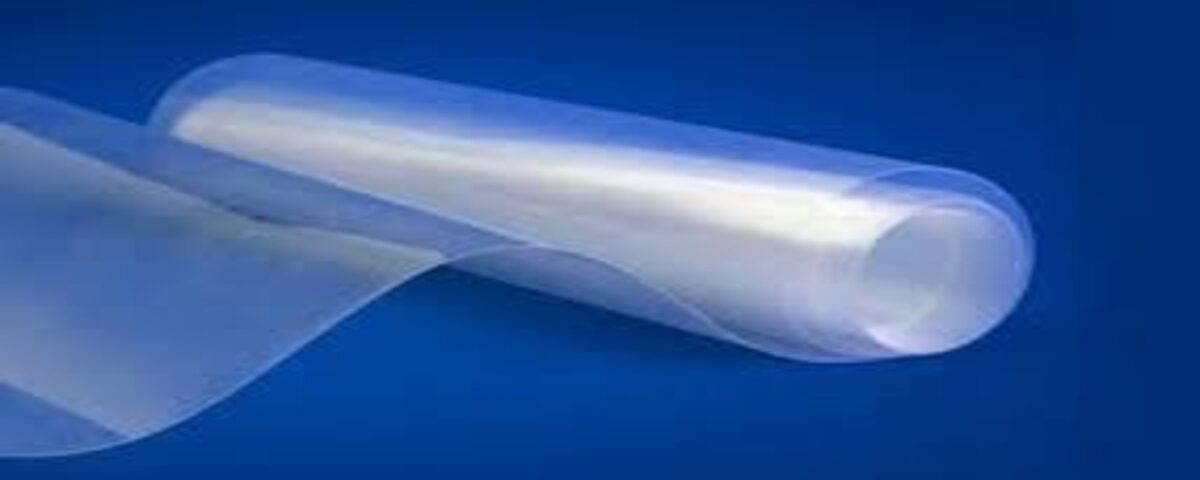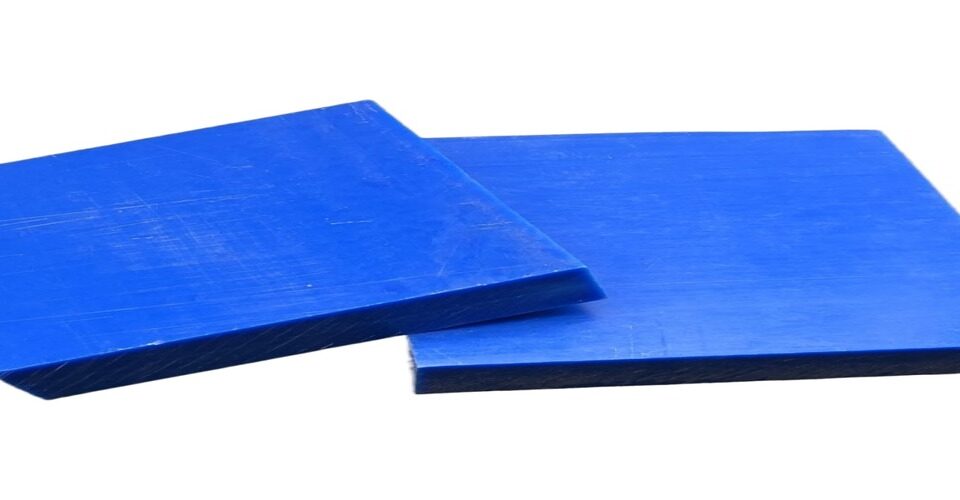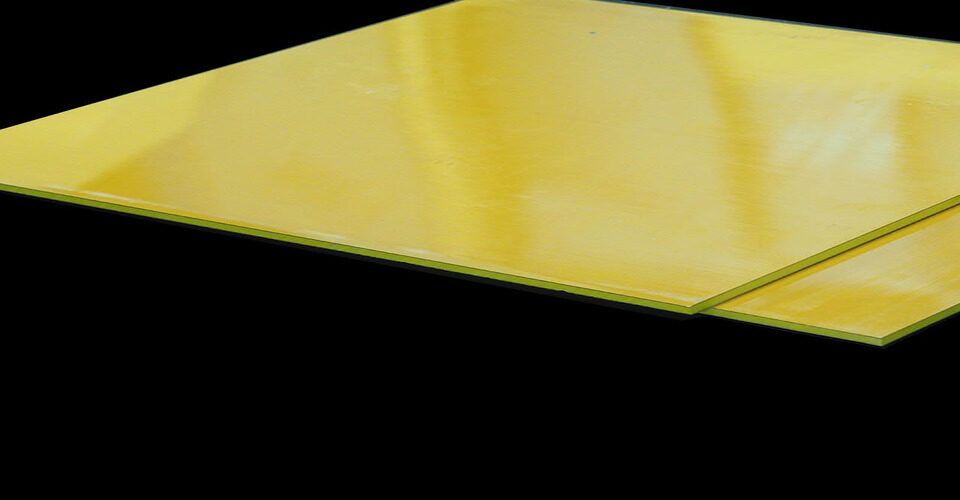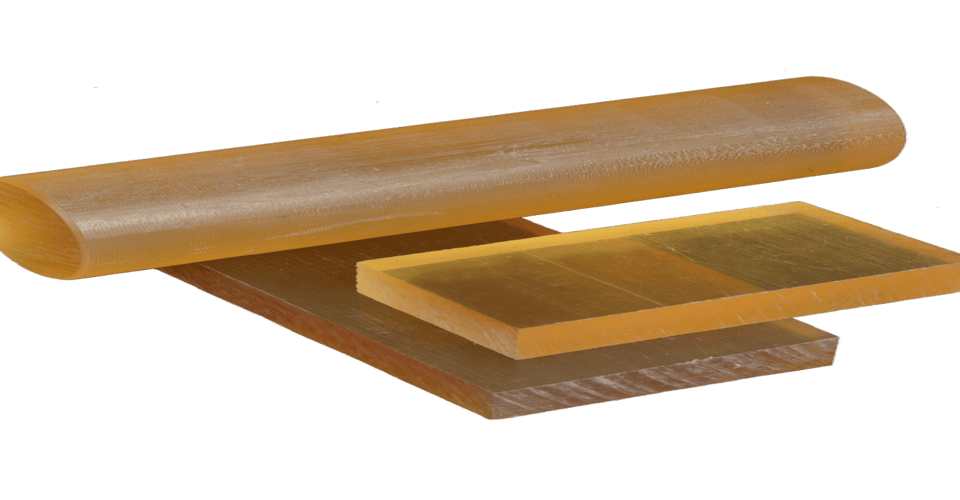
Is FEP Better or PTFE?
October 10, 2024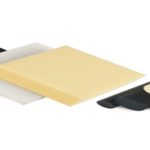
ABS Plastic Used For?
October 14, 2024Introduction
FEP (Fluorinated Ethylene Propylene) is a fluoropolymer known for its unique properties, including chemical resistance and thermal stability. A common question arises: is FEP waterproof?
Water Resistance Properties
FEP is highly resistant to water absorption, making it suitable for applications where moisture exposure is a concern. Its non-porous nature ensures that water does not penetrate the material, allowing it to maintain its integrity in wet environments.

Comparison with Other Materials
When compared to other materials, such as PVC or rubber, FEP’s water resistance stands out. While materials like rubber can eventually degrade or lose their waterproofing capabilities over time, FEP remains stable and effective, even under prolonged exposure to water.
Applications
Due to its waterproof properties, FEP is often used in industries such as electronics and telecommunications, where moisture can damage components. It is also used in coatings and insulation, providing protection against water ingress.
Limitations
While FEP is resistant to water, it is essential to note that it may not be completely impermeable in all conditions, especially under extreme pressure or prolonged exposure to certain chemicals. However, for most practical applications, its waterproof characteristics are adequate.
Conclusion
In summary, FEP is indeed waterproof and offers excellent resistance to water and moisture. Its durability and non-porous nature make it a reliable choice for various applications where water exposure is a concern. For effective moisture protection, FEP is often a top choice.


